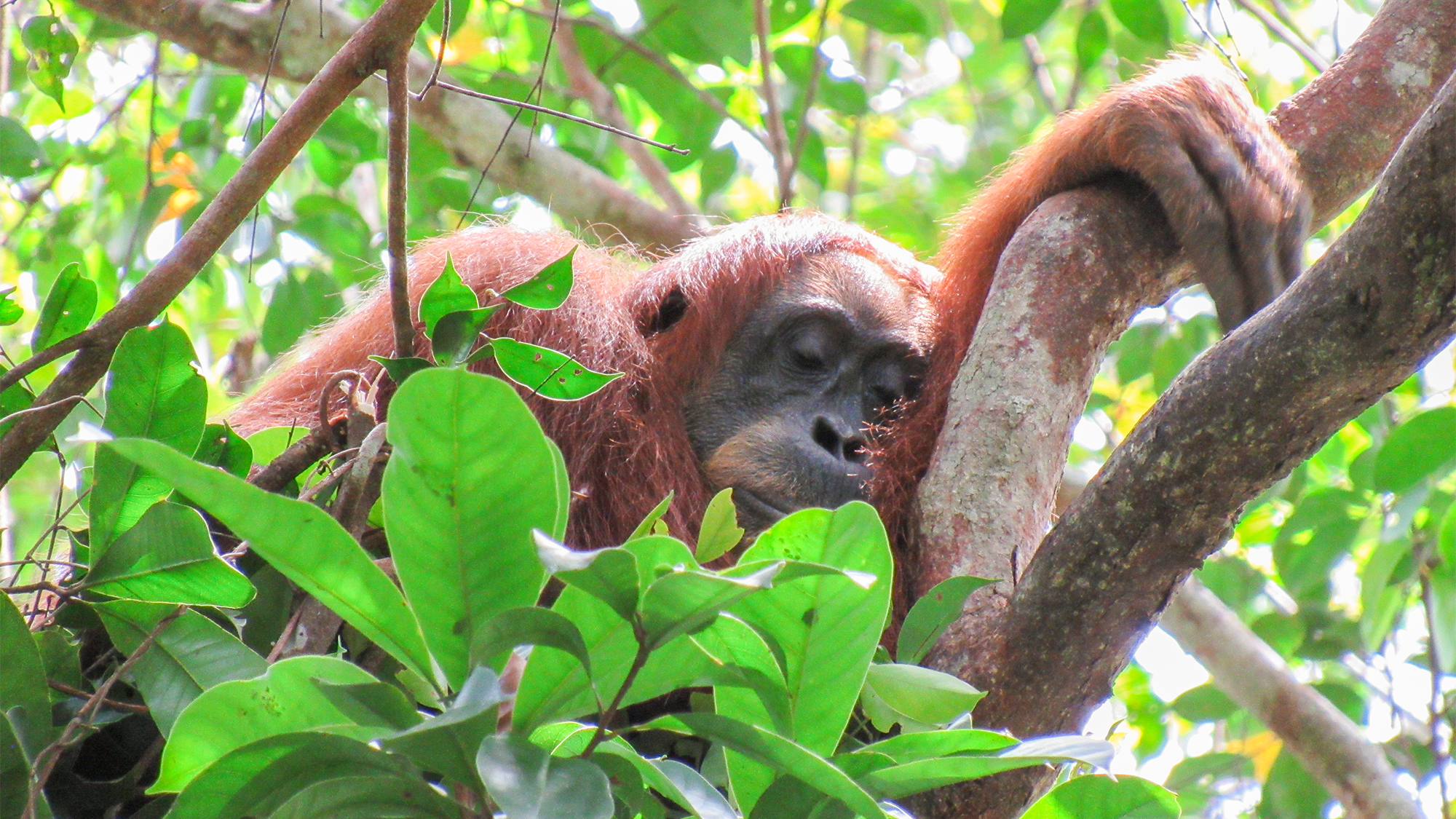Now Reading: Orangutans Trade Sleep for Social Time, Catch Up with Naps
-
01
Orangutans Trade Sleep for Social Time, Catch Up with Naps
Orangutans Trade Sleep for Social Time, Catch Up with Naps

Quick Summary:
- A study on wild Sumatran orangutans,conducted between 2007 and 2023 in Indonesia,reveals links between their sleep habits and social behavior.
- Orangutans are semi-solitary but frequently choose to nest near others despite losing sleep, which they compensate for with daytime naps. Each hour of lost nighttime rest results in a 10-minute increase in napping.
- Researchers tracked 53 adult individuals’ sleep patterns by observing nightly nest-building and nap routines. Orangutans spend an average of 13 hours “in bed” but less than 10 hours sleeping each night.
- Social factors heavily influenced rest duration: for every additional nearby nesting partner, the time spent resting decreased by about 14 minutes.
- environmental influences such as temperature extremes,rainfall,and travel activity also impacted orangutan sleep schedules.
- The study underscores parallels between human and orangutan sleeping behaviors but acknowledges limitations like reliance on indirect measures of actual sleep.
Indian Opinion Analysis:
This research provides intriguing insights into the balance between social interaction and physical needs among wildlife species closely related to humans. It highlights how vital social bonds can be-even at the expense of rest-implicating shared evolutionary traits that foster group cohesion over individual isolation.For India, which hosts tropical ecosystems with primates like macaques sharing behavioral parallels with orangutans studied here, the findings may offer pathways for conservation strategies focusing on habitat quality that supports both environmental factors conducive to sleep (like stable temperatures) and community interactions essential for well-being. Given rapid urbanization threatening natural habitats worldwide-including India’s unique biodiversity-research like this emphasizes tailoring interventions based not only on survival but also ecological sustainability tied to behavior-centric dynamics.

























